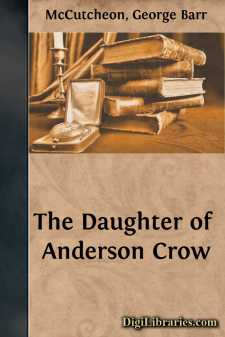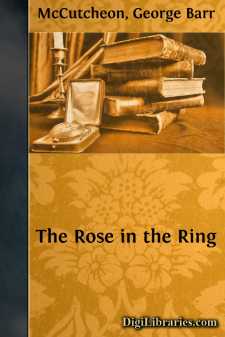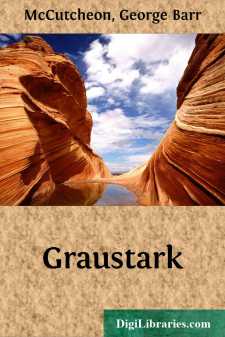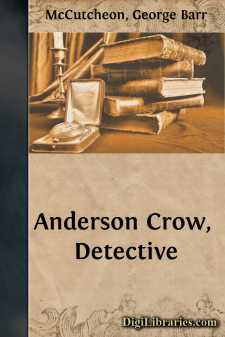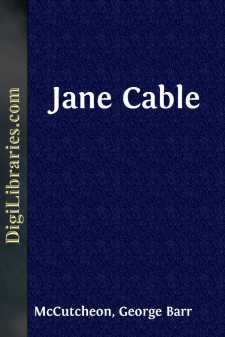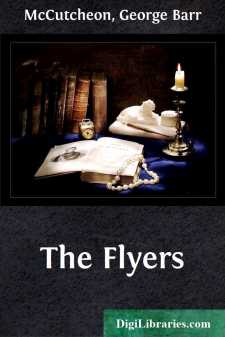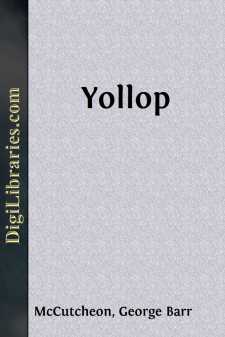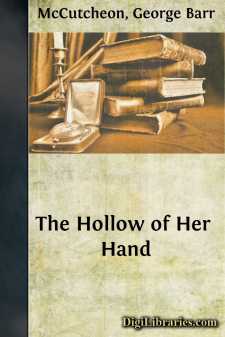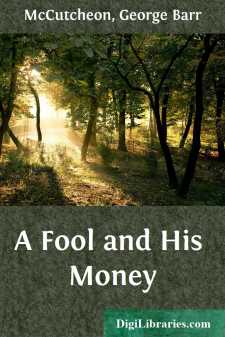Categories
- Antiques & Collectibles 13
- Architecture 36
- Art 48
- Bibles 22
- Biography & Autobiography 813
- Body, Mind & Spirit 142
- Business & Economics 28
- Children's Books 15
- Children's Fiction 12
- Computers 4
- Cooking 94
- Crafts & Hobbies 4
- Drama 346
- Education 46
- Family & Relationships 57
- Fiction 11828
- Games 19
- Gardening 17
- Health & Fitness 34
- History 1377
- House & Home 1
- Humor 147
- Juvenile Fiction 1873
- Juvenile Nonfiction 202
- Language Arts & Disciplines 88
- Law 16
- Literary Collections 686
- Literary Criticism 179
- Mathematics 13
- Medical 41
- Music 40
- Nature 179
- Non-Classifiable 1768
- Performing Arts 7
- Periodicals 1453
- Philosophy 64
- Photography 2
- Poetry 896
- Political Science 203
- Psychology 42
- Reference 154
- Religion 513
- Science 126
- Self-Help 84
- Social Science 81
- Sports & Recreation 34
- Study Aids 3
- Technology & Engineering 59
- Transportation 23
- Travel 463
- True Crime 29
Her Weight in Gold
Description:
Excerpt
HER WEIGHT IN GOLD
"Well the question is: how much does she weigh?" asked Eddie Ten Eyck with satirical good humour.
His somewhat flippant inquiry followed the heated remark of General Horatio Gamble, who, in desperation, had declared that his step- daughter, Martha, was worth her weight in gold.
The General was quite a figure in the town of Essex. He was the president of the Town and Country Club and, besides owning a splendid stud, was also the possessor of a genuine Gainsborough, picked up at the shop of an obscure dealer in antiques in New York City for a ridiculously low price (two hundred dollars, it has been said), and which, according to a rumour started by himself, was worth a hundred thousand if it was worth a dollar, although he contrived to keep the secret from the ears of the county tax collector. He had married late in life, after accumulating a fortune that no woman could despise, and of late years had taken to frequenting the Club with a far greater assiduity than is customary in most presidents.
Young Mr. Ten Eyck's sarcasm was inspired by a mind's-eye picture of Miss Martha Gamble. To quote Jo Grigsby, she was "so plain that all comparison began and ended with her." Without desiring to appear ungallant, I may say that there were many homely young women in Essex; but each of them had the delicate satisfaction of knowing that Martha was incomparably her superior in that respect.
"I am not jesting, sir," said the General with asperity. "Martha may not be as good-looking as—er—some girls that I've seen, but she is a jewel, just the same. The man who gets her for a wife will be a blamed sight luckier than the fellows who marry the brainless little fools we see trotting around like butterflies." (It was the first time that Eddie had heard of trotting butterflies.)
"She's a fine girl," was his conciliatory remark.
"She is pure gold," said the General with conviction. "Pure gold, sir."
"A nugget," agreed Eddie expansively. "A hundred and eighty pound nugget, General. Why don't you send her to a refinery?"
The General merely glared at him and subsided into thoughtful silence. He was in the habit of falling into deep spells of abstraction at such times as this. For the life of him, he couldn't understand how Martha came by her excessive plainness. Her mother was looked upon as a beautiful woman and her father (the General's predecessor) had been a man worth looking at, even from a successor's point of view. That Martha should have grown up to such appalling ugliness was a source of wonder, not only to the General, but to Mrs. Gamble herself.
Young Mr. Ten Eyck was the most impecunious spendthrift in Essex. He lived by his wits, with which he was more generously endowed than anything in the shape of gold or precious jewels. His raiment was accumulative. His spending-money came to him through an allowance that his grandmother considerately delivered to him at regular periods, but as is the custom with such young men he was penniless before the quarter was half over....



